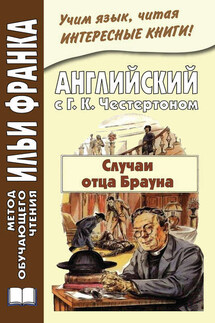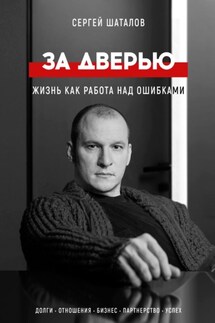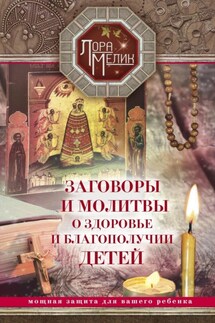Английский язык с Энтони Хоупом. Узник Зенды / Anthony Hope. The Prisoner Of Zenda - страница 53
“I fancy,” said he, “that when Josef tells them the King is gone they’ll think it is because we smelt a rat. For you may swear Black Michael doesn’t expect to see him in Strelsau today.”
I put the King’s helmet on my head. Old Sapt handed me the King’s sword, looking at me long and carefully.
“Thank God, he shaved his beard!” he exclaimed.
“Why did he?” I asked.
“Because Princess Flavia said he grazed her cheek when he was graciously pleased to give her a cousinly kiss. Come though, we must ride.”
“Is all safe here?”
“Nothing’s safe anywhere,” said Sapt, “but we can make it no safer.”
Fritz now rejoined us in the uniform of a captain in the same regiment as that to which my dress belonged. In four minutes Sapt had arrayed himself in his uniform. Josef called that the horses were ready. We jumped on their backs and started at a rapid trot. The game had begun. What would the issue of it be?
The cool morning air cleared my head (/от/ прохладного утреннего воздуха мои мысли прояснились: «прохладный утренний воздух очистил мою голову»), and I was able to take in all Sapt said to me (и я стал способен усваивать все, что говорил мне Сэпт; to take in – принимать; понять, усвоить). He was wonderful (он рассказывал удивительные вещи: «он был удивительным»). Fritz hardly spoke, riding like a man asleep (Фриц в основном молчал: «почти не говорил» и скакал, как во сне: «как спящий человек»), but Sapt, without another word for the King (но Сэпт, ни словом не упоминая о короле; without another word – не говоря ни слова), began at once to instruct me most minutely in the history of my past life (принялся: «начал» сразу же рассказывать во всех деталях: «наиболее подробно» о моей прошлой жизни; to instruct – учить, обучать; информировать, сообщать; history – история; прошлое), of my family (о моей семье), of my tastes (моих вкусах), pursuits (занятиях; pursuit – преследование, погоня; занятие), weaknesses (пристрастиях: «слабостях»; weak – слабый), friends (друзьях), companions (товарищах /ср. компаньон/), and servants (и слугах). He told me the etiquette of the Ruritanian Court (он рассказал мне об этикете Руританского двора), promising to be constantly at my elbow (обещая быть неотступно: «постоянно» рядом; at one’s elbow – рядом, под рукой; elbow – локоть) to point out everybody whom I ought to know (чтобы указывать на каждого, кого я должен знать), and give me hints with what degree of favour to greet them (и давать подсказки, с какой степенью благосклонности = насколько благосклонно приветствовать их; hint – намек; совет).
“By the way,” he said, “you’re a Catholic, I suppose (кстати, – сказал он, – вы католик, я полагаю)?”
“Not I,” I answered (нет, – ответил я).
“Lord, he’s a heretic!” groaned Sapt (Боже, он – еретик, – простонал Сэпт; lord – господин, владыка; Lord – Господь Бог), and forthwith he fell to a rudimentary lesson (и тут же он дал мне элементарный = ознакомительный урок; to fall to – взяться, приняться /за еду, работу и т. п./) in the practices and observances of the Romish faith (о ритуалах и обрядах римско-католической церкви;





